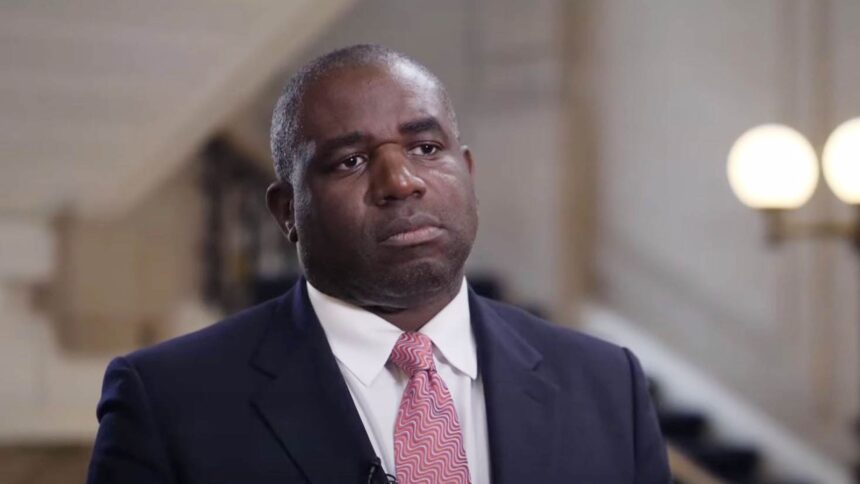UK Foreign Secretary David Lammy has expressed confidence that the government’s plan to recognize a Palestinian state by September 2025 unless Israel agrees to a ceasefire and recommits to a two-state solution will help prompt ceasefire negotiations and improve humanitarian conditions in Gaza. His remarks reflect growing pressure for bold diplomatic action amid a worsening crisis on the ground
Offering Recognition as Leverage
Britain’s government, led by Prime Minister Keir Starmer, has announced it will formally recognize Palestine at the UN General Assembly unless Israel fulfills several key conditions:
- Agree to an immediate ceasefire
- Halt annexation of the West Bank
- Allow expanded humanitarian aid entry into Gaza
Starmer framed the decision as both moral and strategic aimed at preserving the two-state path before it erodes further
How Lammy Sees It Working
Lammy emphasized that recognition is intended to be instrumental, not merely symbolic: that the UK hopes its decision will influence conditions on the ground and push all parties with aid agencies and UN bodies to break through gridlock and deliver relief and ceasefire progress for civilians in Gaza
Political Dynamics & Pushback
- Israel condemned the move, denouncing it as rewarding terrorism and undermining hostage negotiations. Families of Israeli hostages echoed the criticism, saying recognition before full release of captives is deeply insensitive
- Critics within the UK, including legal experts, warned that recognizing statehood while Palestine fails to meet certain criteria such as democratic elections and control over Gaza might violate international norms
- Meanwhile, other major Western governments including France, Canada, and Malta have signaled support, showing a coordinated diplomatic shift
Broader Diplomatic Implications
- The UK becomes one of the first G7 powers alongside France to tie recognition to ceasefire demands rather than offering unconditional recognition.
- The plan aims to revitalize global solidarity for Palestinian statehood and human rights, even amid divided U.S. positions.
- Whether this step produces tangible results depends on implementation credibility, Gaza’s changing conditions, and willingness of all parties to proceed toward negotiations.








